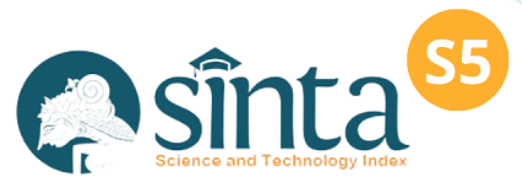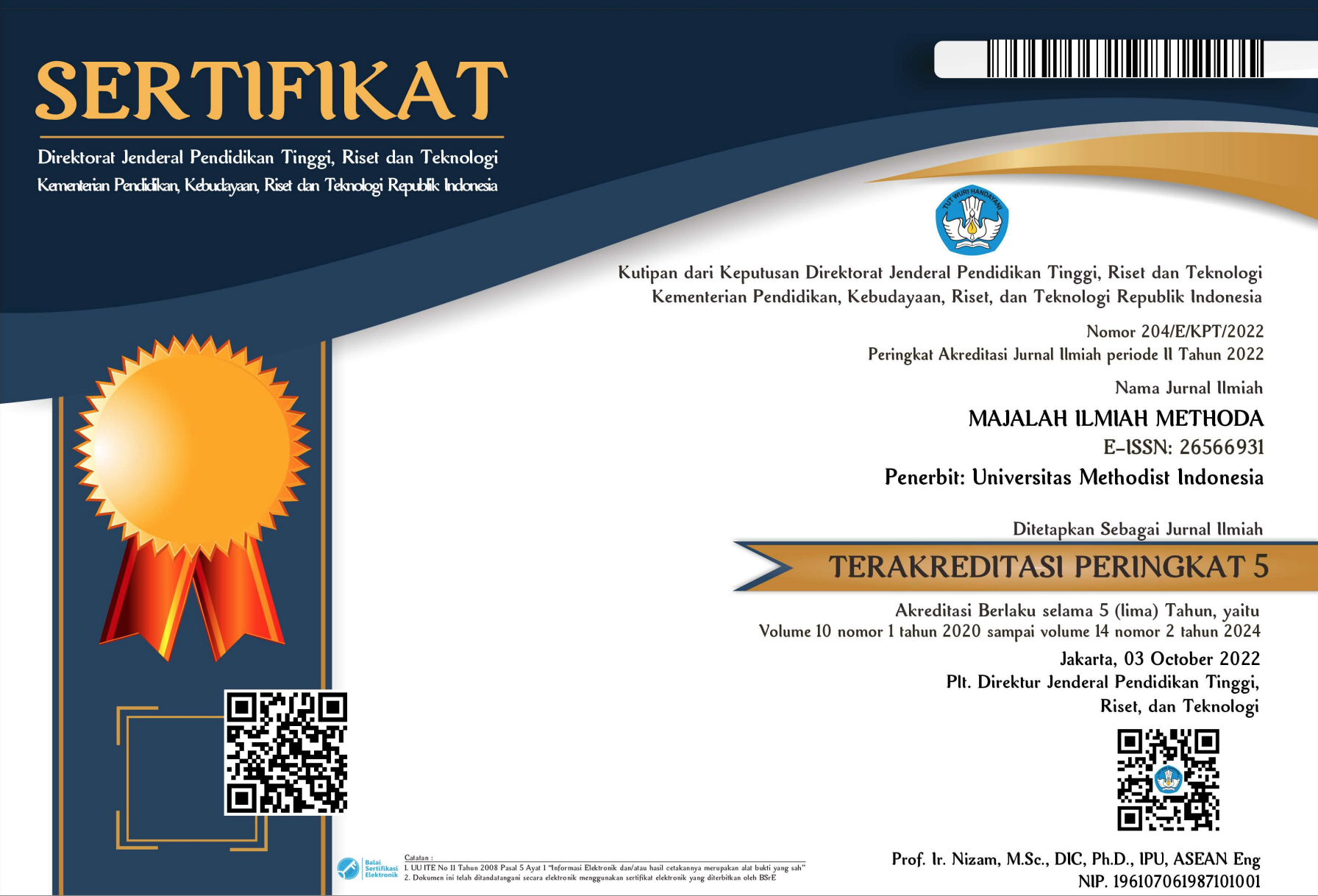ANALISIS FAKTOR YANG MEMPENGARUHI ANEMIA PADA IBU HAMIL DI PUSKESMAS PANCUR BATU KECAMATAN PANCUR BATU KABUPATEN DELI SERDANG TAHUN 2018
Keywords:
Anemia, Anemia Risk FactorsAbstract
Anemia is one of the most common global health problems, spreadwide and it affects 56 million women in the world, and two thirds of them are in Asia. In the world, there is 34% of pregnant women with anemia where 75% are in developing countries. In Indonesia, 63.5% of pregnant women with anemia and around 62.3% are iron deficiency anemia. Based on the data found in Pancur Batu Health Center, Pancur Batu Subdistrict, Deli Serdang District, there were 314 pregnant women with anemia in 2017. The purpose of the research was to analyze the factors that influence anemia in pregnant women in Pancur Batu Health Center, Deli Serdang District in 2018.
This research was observational analytic with crosectional design. The sample consisted of all anemia pregnant women who came to have a pregnancy check up while conducting the research as many as 65 people. Data were analyzed by using chi square test and multiple logistic regressions.
From the results of multivariate analysis, birth distance p = 0.006 PR was obtained; 13,259; 95% CI (2,108-83,385), Fe tablet consumption p = 0,007 PR; 16,969 95% CI (2,137-134,762), folate intake p = 0,011; PR 19,219 95% CI (1,991-185,526). From the results of multivariate analysis, the most dominant variable influencing the incidence of anemia in pregnant women is folate intake p = p = 0.011; PR 19,219 95% CI (1,991-185,526) it means that pregnant women who lack folate intake estimate the risk of 19 times suffering from anemia compared to pregnant women who get good folate intake.
It is recommended that puskesmas officers conduct counseling for pregnant women about consumption or the level of nutritional intake of pregnant women related to the intake of folate, protein, fat and kabohidrat. Pukesmas officers are expected to increase public knowledge through health counseling and family counseling related to age appropriate for pregnancy, regulate birth spacing and improve community health status especially pregnant women because pregnant women need more nutritional intake because it can help government programs to reduce maternal mortality.










